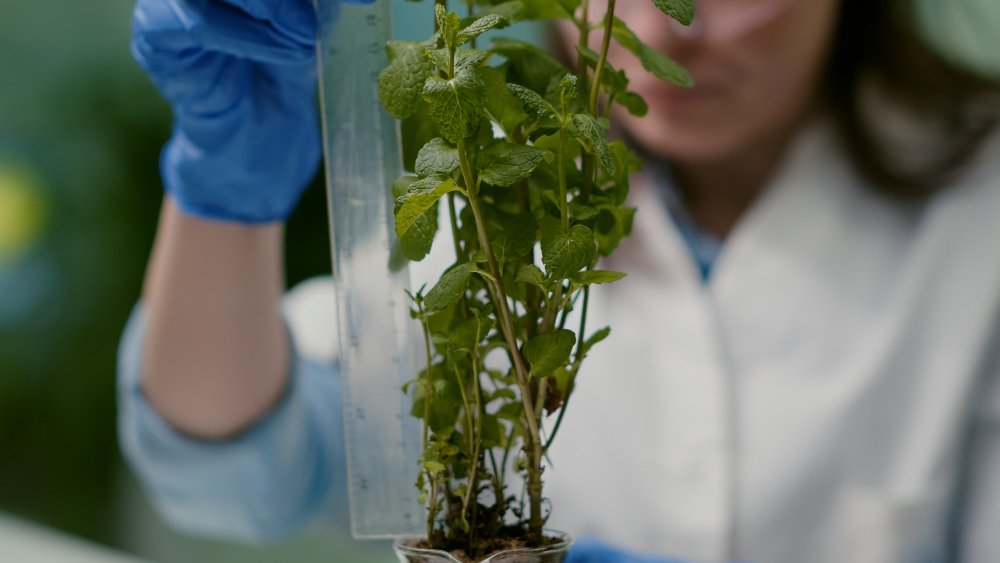This course covers the principles of plant genetics and the techniques used in plant breeding to improve crop varieties. Students will learn about genetic inheritance, DNA structure and function, gene expression, and genetic variation. The course also explores traditional and modern plant breeding methods, including hybridization, mutation breeding, molecular markers, and genetic engineering. Case studies and practical exercises will help students understand how genetic principles are applied to develop new plant varieties with desirable traits.
Plant Genetics and Breeding
Related products
-
 Add to cart
Add to cartEconomic Botany examines the economic importance of plants and their products. Students will study a wide range of plants that are essential to human life, including food crops, medicinal herbs, fiber plants, and timber. The course covers the cultivation, processing, and commercial use of these plants, as well as their role in different cultures and…
-
 Add to cart
Add to cartThis course offers a comprehensive introduction to the field of plant botany. Students will explore the fundamental principles of plant biology, including plant structure, function, growth, and reproduction. Key topics include the major plant groups (algae, bryophytes, pteridophytes, gymnosperms, and angiosperms), plant morphology, and the basics of plant taxonomy. The course is designed for beginners…
-
 Add to cart
Add to cartThis course delves into the physiological processes that govern plant life. Students will study how plants perform essential functions such as photosynthesis, respiration, transpiration, and nutrient uptake. The course also covers plant hormones, signal transduction, and stress physiology. Through lectures, laboratory exercises, and field studies, students will gain an in-depth understanding of how plants adapt…
-
 Add to cart
Add to cartThis course provides an in-depth study of plant classification and identification. Students will learn the principles of taxonomy, including the use of keys, manuals, and molecular techniques to identify plant species. The course covers the evolutionary relationships among plants, the history of plant classification systems, and current trends in plant systematics. Practical sessions will involve…
-
 Add to cart
Add to cartPlant Ecology focuses on the interactions between plants and their environment. Students will examine plant communities, ecosystems, and the factors that influence plant distribution and abundance. Topics include plant adaptation to different environments, competition, symbiosis, and the impact of climate change on plant ecosystems. Fieldwork and ecological experiments will provide hands-on experience in studying plant-environment…


